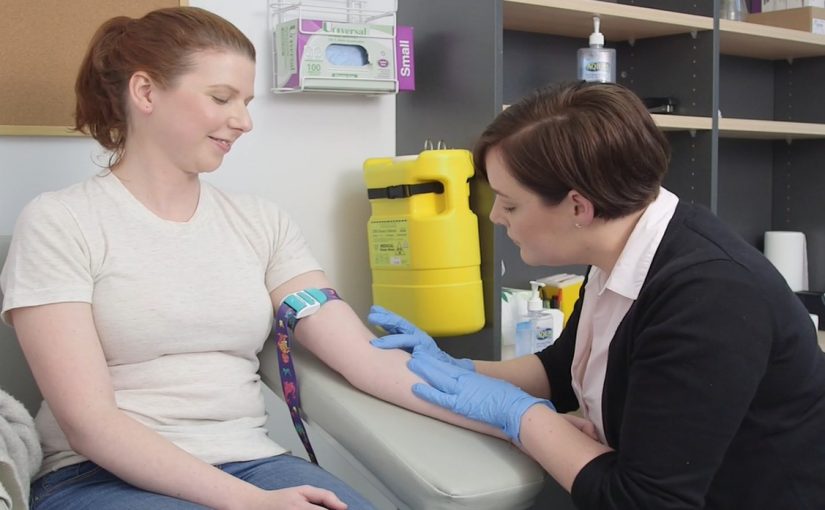Collection staff (also known as phlebotomists) need to take samples correctly, safely and with minimal discomfort. But more than this, a good collection experience requires a great deal of empathy which needs to come naturally – just ask any mum with a toddler who needs blood taken, or any adult facing the prospect of a serious diagnosis.
All of the coloured tubes you see in a collection centre have different chemical additives which affect the blood in many ways. Collectors need to know which tubes to collect for all tests, as well as any special conditions. These can include keeping the sample at body temperature after collection, freezing it or even whether the patient needs to have fasted prior to the blood draw.
Double checking patient details is vital to ensure samples aren’t mixed up and to avoid recollections, hence you’ll often be asked to check or verbally repeat your personal details.
Speed is also essential given how many people can attend a collection centre at any one time. Collectors outside of hospitals often work to courier schedules, so processing the samples to get them to the lab quickly is vital.
And on top of all of this, first aid may need to be given when people are afraid of needles or are very unwell.
Beyond collectors is a vast network of other staff, without whom laboratories could not function. From couriers delivering samples to laboratories through to reception staff phoning critical results to doctors, the delivery of fast and accurate results relies on an army of skilled and dedicated professionals.

